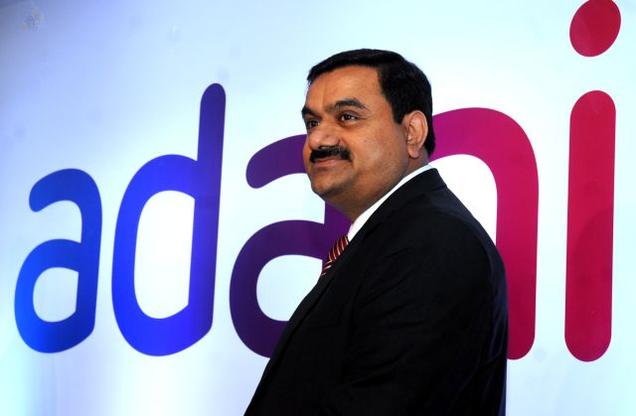
The Indian mining and energy giant Adani Enterprises appears to have put development of its massive and controversial $16 billion Carmichael coal mine in the Galilee Basin on hold – until coal prices show signs of a solid rebound. Which could be never.
A report from brooking house Axis Capital in India this week quotes Adani management as saying that no capital expenditure is planned by the company for the project until there is “visibility” of a rebound in the coal price.
Given that international coal prices are at record lows, and most analysts predict further falls as the commodity faces increased competition from renewables, and major economies turn away from coal due to environmental and climate impacts, it suggests that Adani accepts that the Galilee Basin may not get developed.
This is in complete contrast to the comments attributed by Adani to the Queensland government, where it is apparently trying to sound optimistic about its go-ahead, suggesting it could re-start works within months.
The Queensland Labor government this week gave environmental approval for the mine, despite massive concerns about its impact on the Great Barrier Reef and on climate targets.
An Adani spokesman was quoted by the Brisbane Courier-Mail as saying: “The company is in a position to resume some of the development and other works on its projects within months of a mining lease being granted.”
However, the Axis Capital report (an excerpt of which appears above) quoted Adani management as saying that no capital expenditure is planned for the Galille Basin mine this financial year – and none would be likely in future without “visibility of revival in global coal prices.”
Given that the outlook for global coal prices is poor, this suggests that there will be no investment in Galilee, and underscores the difficulty it will have in attracting finance for a project that analysts says will not be economic.
Even the conservative International Energy Agency said late last year that it did not expect carmichael and other projects in the Galilee Basin to be built. “It is not likely that the above listed projects will be operational by 2020, if ever,” it said in its latest medium term coal outlook.
On the other hand, Adani’s solar projects are showing “significant progress.” The company is building the largest single-location solar project in India, a 648MW facility in Tamil Nadu. It already has a power purchase agreement in place.
Indian energy minister Piyush Goyal said last week that solar energy is now cheaper than coal,following recent auction results. This applies to domestic coal prices, and coal generation from imported coal, as proposed by Adani for the Galilee projects, is even more expensive.
One company, RattanIndia Power – a major private power generation company – said this week that it wants the Punjab government to approve the use of a 324-hectare site for a solar plant instead of a proposed coal plant. The economics of solar, the company stated, are better than that of coal.
In effect, it appears that Adani is telling brokers in India the reality of the state of the market, namely that it is impossible for it to get finance in the current economic climate.
As John Quiggin, from the University of Queensland, notes in Crikey today, there is a long list of banks and other funding sources that have announced that they won’t finance the project, or have pulled out of announced and existing finance arrangements.
This list list includes the Commonwealth Bank (formerly a big lender to Adani), NAB, the Queensland Treasury, the State Bank of India and global banks including Standard Chartered (another former big lender), Citigroup, JP Morgan Chase, Goldman Sachs, Deutsche Bank, Royal Bank of Scotland, HSBC, Barclays, BNP Paribas, Credit Agricole and Societe Generale.
The US and Korean Export-Import banks have been touted as possible sources, but they appear to have backed away, Quiggin says, adding that “even the Abbott-Turnbull $5 billion slush fund for northern Australia boondoggles, seen when it was announced as a rescuer for Adani, now appears unlikely.
“At the recent Northern Australia Investment Forum, the fund was the centre of attention, but Adani apparently didn’t get a mention, unless it was implicit in Minister for Resources, Energy and Northern Australia Josh Frydenberg’s claim that the government wouldn’t be investing in “white elephants”.
A comment is being sought from Adani’s spokesman in Australia. http://reneweconomy.com.au/2016/adani-puts-galilee-coal-mine-on-hold-pending-recovery-in-coal-price-67892

Leave a Reply